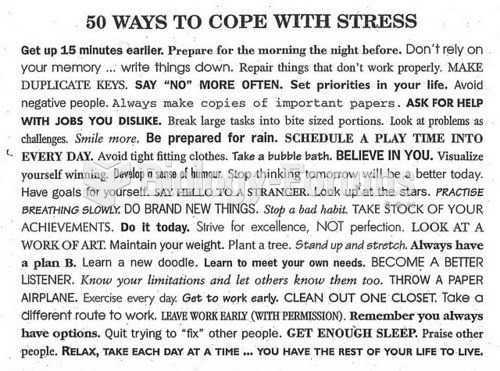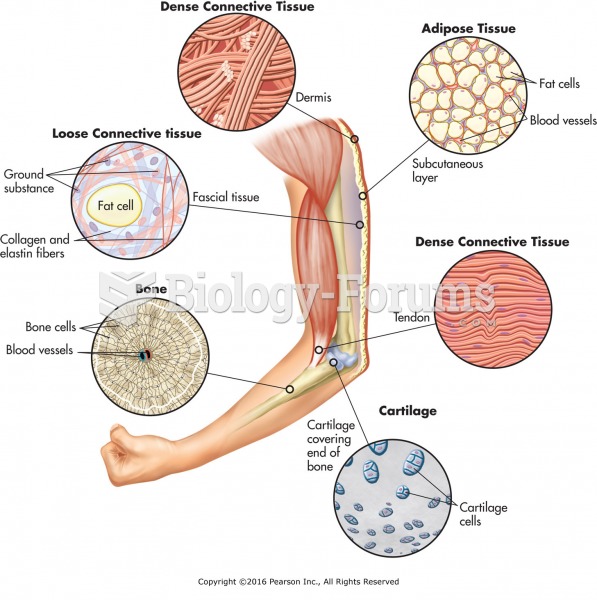|
|
|
The people with the highest levels of LDL are Mexican American males and non-Hispanic black females.
The B-complex vitamins and vitamin C are not stored in the body and must be replaced each day.
People who have myopia, or nearsightedness, are not able to see objects at a distance but only up close. It occurs when the cornea is either curved too steeply, the eye is too long, or both. This condition is progressive and worsens with time. More than 100 million people in the United States are nearsighted, but only 20% of those are born with the condition. Diet, eye exercise, drug therapy, and corrective lenses can all help manage nearsightedness.
More than 150,000 Americans killed by cardiovascular disease are younger than the age of 65 years.
Though “Krazy Glue” or “Super Glue” has the ability to seal small wounds, it is not recommended for this purpose since it contains many substances that should not enter the body through the skin, and may be harmful.







